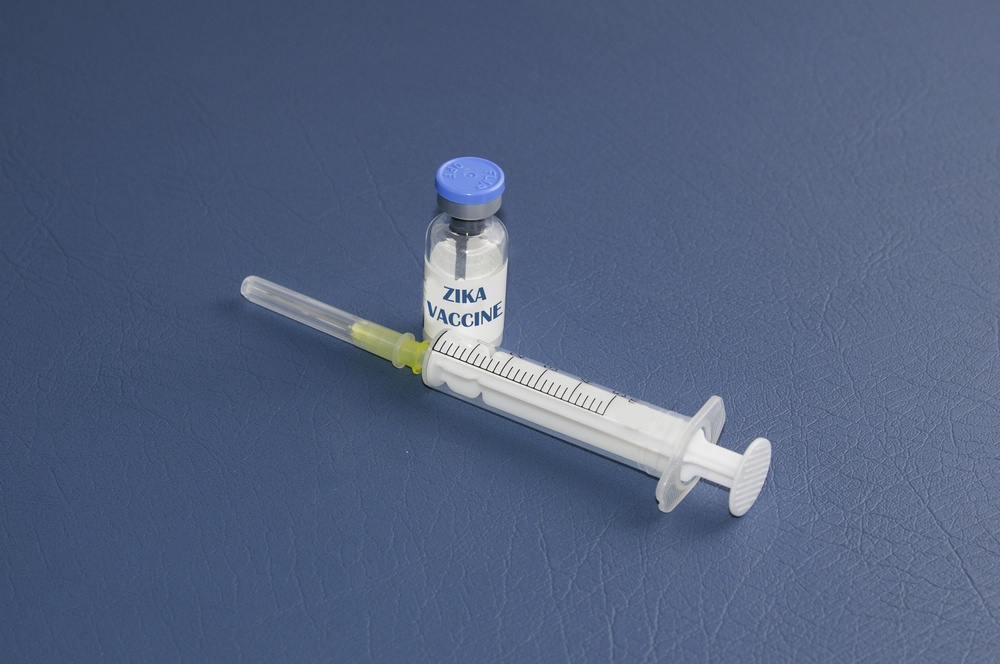
U.S. Sen. Bill Nelson (R-FL) recently sent a letter to U.S. Army Acting Secretary Robert Spencer seeking assurances that the vaccine will be affordable for U.S. patients as they need it.
The request was made prior to the U.S. Army granting commercial exclusivity of a taxpayer-funded Zika virus vaccine to Sanofi Pasteur, a France-based drug manufacturer,
Nelson’s concerns stem from recent reports that indicated Sanofi did not intend to set an affordable price for the vaccine.
“Given the considerable federal investment and the need for the vaccine, I believe it’s critical that the vaccine be available and accessible to the taxpayers who already invested in the research and development of the vaccine,” Nelson said. “Failure to limit the vaccine’s market price could make it inaccessible to thousands of Floridians who need it.”
Nelson also said that providing a single drug maker exclusive control over a desperately-needed vaccine could create an environment in which the vaccine was unaffordable for those who need it most. Should the Army choose to go forward with the deal, it must first obtain non-negotiable assurances that the vaccine will remain affordable.
In addition to paying hundreds of millions of dollars for the vaccine’s development, the U.S. government, through the National Institutes of Health, provided Sanofi with a $43.2 million grant to help pay the cost of Phase II clinical trials.
“Until we have a vaccine, the Zika virus will continue to threaten families and babies in Florida and across the nation,” Nelson said. “I urge you to consider the impact that an exclusive license could have on the affordability of the Zika vaccine.”
Zika virus is typically transmitted by the Aedes aegpyti species mosquito and sexual contact. Symptoms in most cases involve joint pain, fever, rash, and headaches. More severely, the virus has been linked to microcephaly of the fetus in pregnant women and Guillain-Barré syndrome.




